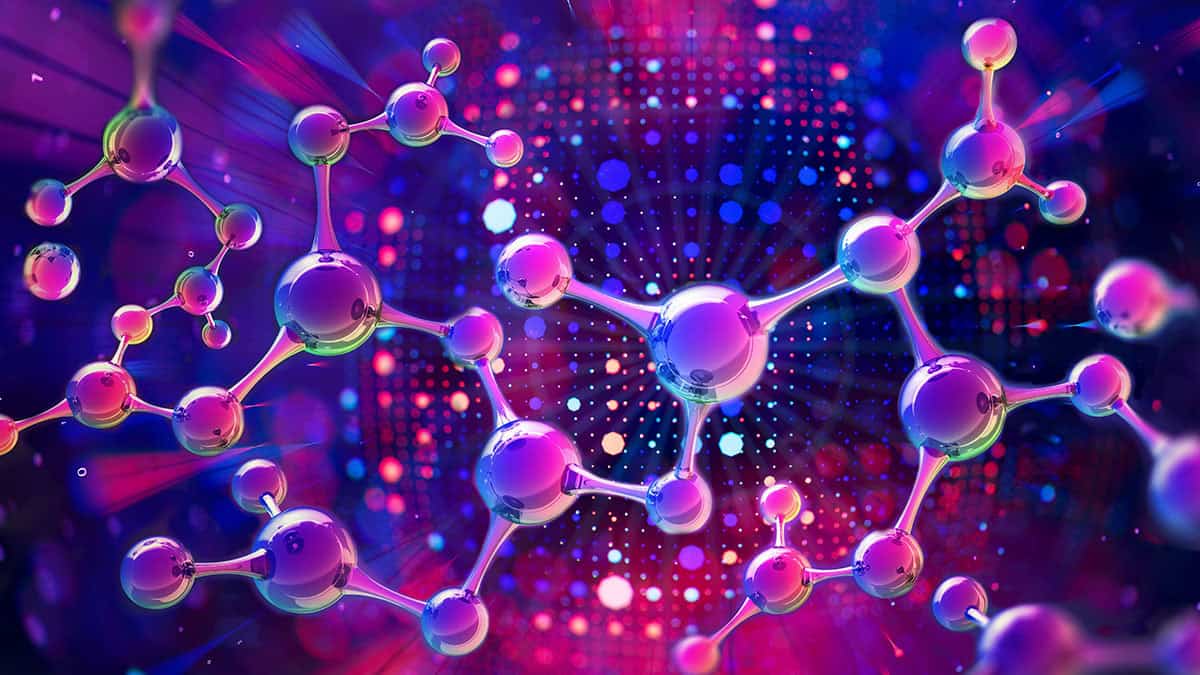The traditional view of black holes, as proposed by Karl Schwarzschild in 1916, suggests they consist of two main features: a singularity and an event horizon. This model faces challenges when combined with quantum mechanics, especially following Stephen Hawking’s discovery of Hawking radiation in the 1970s. According to this theory, black holes emit radiation due to quantum effects near their event horizon, causing them to lose mass over time. This raises a significant issue: if a black hole completely evaporates, what happens to the information about the matter that formed it?
The Frozen Star Concept
New research proposes that black holes might instead be “frozen stars.” These entities would not possess singularities or event horizons but could still mimic the observable characteristics of black holes. Ramy Brustein, a physicist at Ben-Gurion University, leads this innovative theory, suggesting that if frozen stars exist, they might require a fundamental modification of Einstein’s general relativity.
Implications for Physics
The frozen star model could resolve key paradoxes in black hole physics, such as the information loss paradox. These objects avoid the issues tied to singularities by not collapsing into infinitely dense points. Researchers believe testing this theory could yield crucial insights, particularly through gravitational waves produced during cosmic events like black hole mergers. Identifying characteristics unique to frozen stars could provide the experimental evidence to validate this new model.
Looking Ahead
While the frozen star theory opens intriguing possibilities, much work remains to clarify their internal structures and distinguish them from other cosmic phenomena like neutron stars. Brustein emphasises the potential revolutionary impact this theory could have if validated through observational data from gravitational wave observatories.







